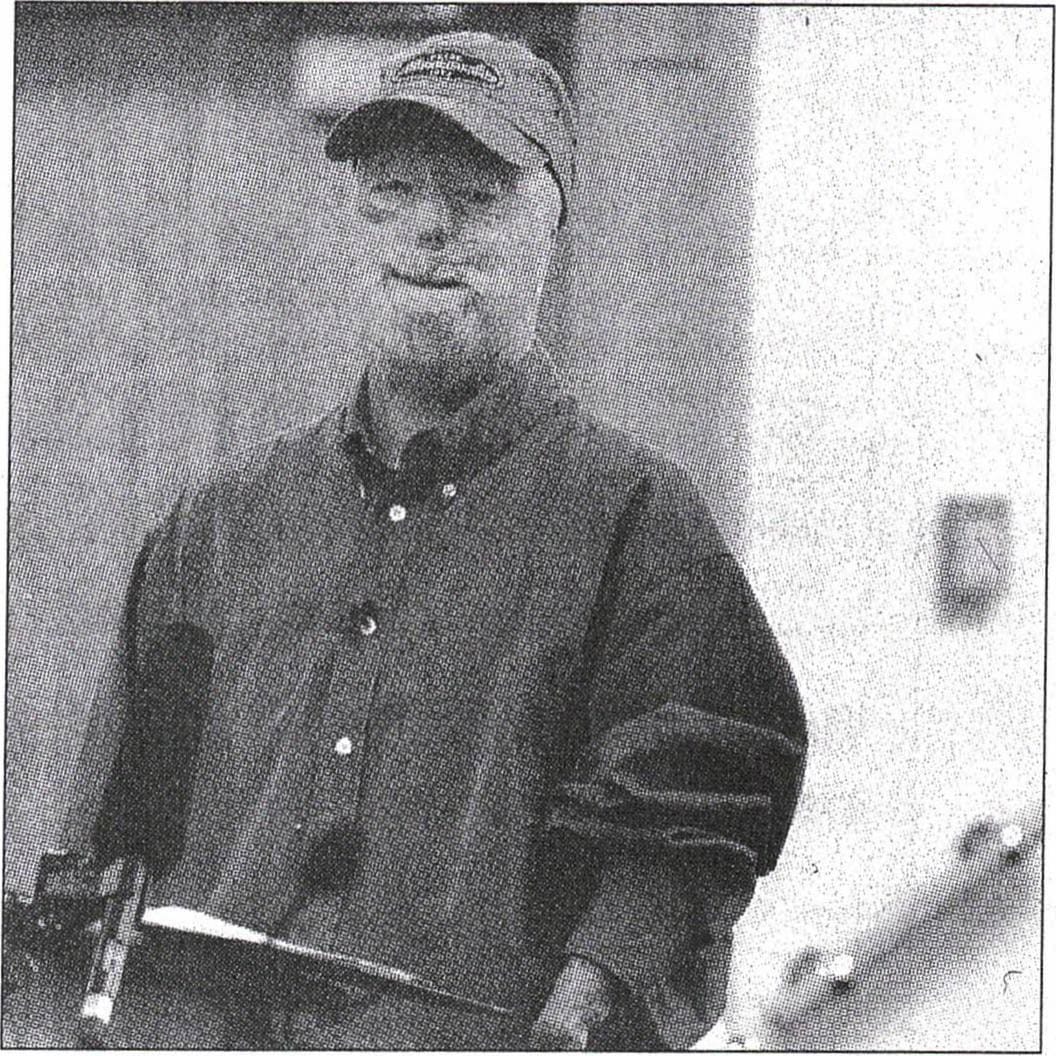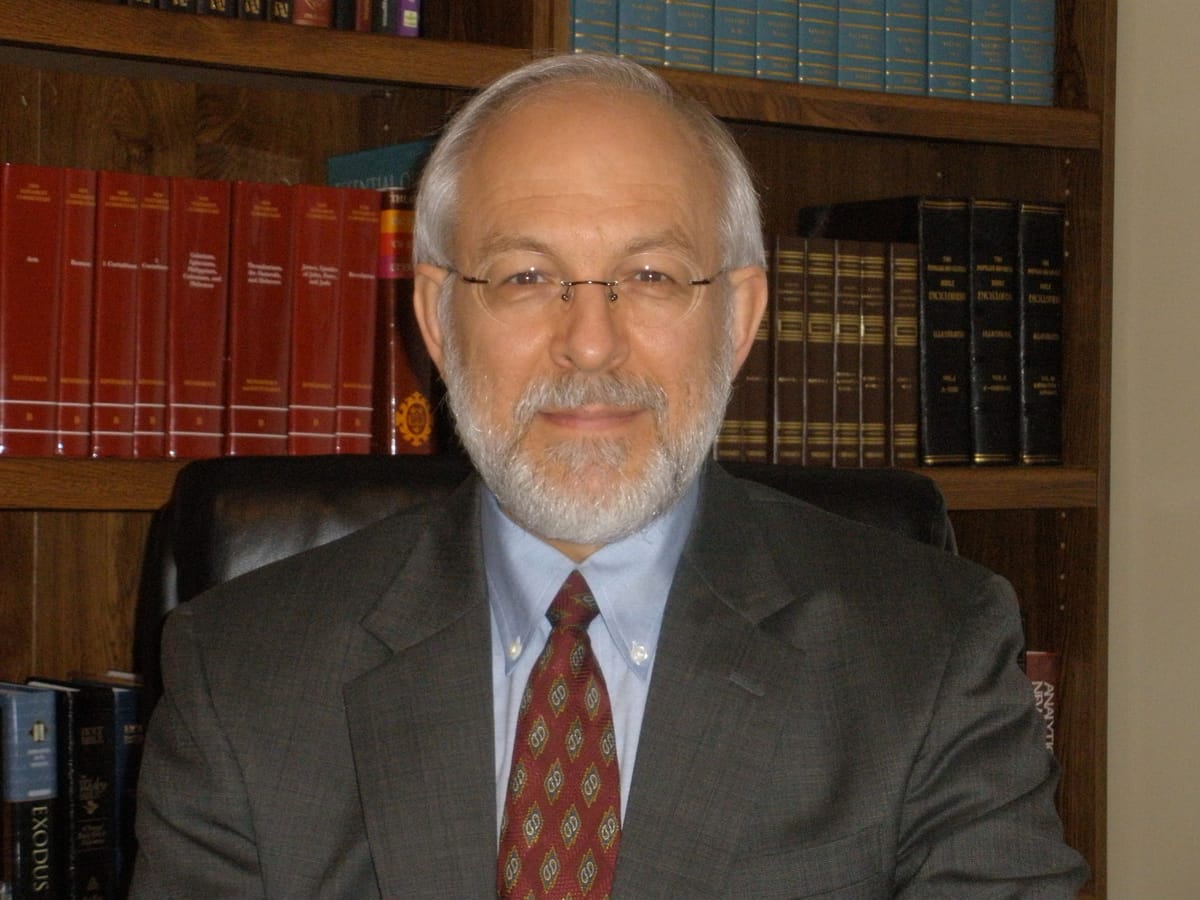In part 9 we were exploring and explaining the specifics of what jubilee forgiveness is, what it entails. We continue with #9.
9. Jubilee forgiveness manifests in a lack of bitterness.
Once again, we are speaking of our innermost being here. Bitterness in the soul can manifest in countless ways, but one of the most obvious is the general attitude that a person has about life in general. I can say this from personal experience because, as the saying goes, “I have been there, done that, bought the souvenir T-shirt.”
I have been in many gatherings over the years where the vast majority of attendees are those I described earlier: those who know our heritage, etc. and who understand all too well the great political conspiracies which have been eroding our liberties and our culture.
And what I observed in some people is the attitude of anger and bitterness. I think it stems from the offenses that those people perceive they have suffered. You can read it on their faces. They are sour; they are dour; they are negative, negative, negative.
They seemingly cannot stop themselves from always wanting to talk about how bad things are, what the bad guys are doing now to erode our liberties, to raise our taxes or to destroy Christian culture, etc.
Obviously, the offender in such cases is a group, a nameless, faceless “they.” Did you hear what “they” did now? Did you hear what “they’re” gonna do with this new bill in Congress? It’s going to be illegal to mention Jesus’ name in public.” and so forth.
There is a lot of bitterness among people who have the burden of the knowledge of the mystery of Babylon. Bitterness perhaps because they feel they could have accomplished much more, they could have been wealthier, happier, healthier if only those evil conspirators of Babylon the Great had not made life miserable for us.
As I said, I understand that feeling: been there, done that. Ate a big piece of bitterness pie. But life can be a whole lot better—even while under the wooden yoke of Babylon—life can be better depending upon how we choose to respond to the taskmaster.
We can change our attitude towards it. Are we going to be able to reconcile with Mystery, Babylon the Great? Absolutely not! But…if we feel we have been offended by the Great Whore system, then we can practice jubilee forgiveness towards that enemy.
The anger, bitterness and resentment will be gone, and the side benefit to it is that we might even get healthier and happier for it, and who knows, maybe money will come easier also—not because the Fed loosened the national money supply, but because our attitude towards life in general made us a better person to be around and to do business with. Does that make sense?
Of course, we must understand that Mystery Babylon is upon us because God put it on us. We demonstrated that in immense detail in our series, Mystery Babylon and the Stone Kingdom. So when we fight against it, Who are we fighting against? Can you forgive God for that?!
10. Jubilee forgiveness is all about forgiving God.
Bear with me, I know the idea of “forgiving God” might sound preposterous. The truth of the matter is that for a Christian, all bitterness is ultimately traceable to a resentment against God. Many a Christian would be horrified at that thought, but that is because we naturally suppress such an idea that we could be angry at God. Why would we be angry at God, you ask?
Because deep down inside, the Christian knows and believes that God could have prevented any evil from happening in our life and so He must be responsible for allowing the devil to bring about all manner of terrible offenses that happened in our life.
As I related in my personal testimony on forgiveness, which I subtitled Could You Forgive God?, it was the penultimate question I had to confront in my own trials with my dad and with the death of our teen-aged daughter, Sarah, in 1990. As I have mentioned many times, my testimony on two CDs are available from us free for the asking. I do not intend to put it in print.
As we ponder our own trials, we are reminded of the old saying that if we look around, we will usually find someone else whom God has put through an even greater wringer. Here is the story from the Asheville Citizen-Times newspaper of a then-young man who lived in Montreat, NC, the east Asheville suburb made notable as the home of the late Billy Graham.
The young man’s name is Joel Sonnenberg. He was about 21 years old when this picture of him in a courtroom was taken in 1998. Joel was offended in a most horrible and tragic manner when he was just 22 months old. This relates to forgiveness in an unforgettable way so we have reproduced the story from the clipping in my files dated July 30, 1998. I have added the emphasis. QUOTE:
Sonnenberg saga chronicled for nation
By Barbara Blake, Staff Writer
Joel Sonnenberg showed the world Wednesday that true beauty lies beneath the skin's surface.
The young man from Montreat who was grossly disfigured and has suffered unfathomable pain since a fiery truck crash 19 years ago was featured before a national audience Wednesday night on the CBS newsmagazine "Public Eye" with Bryant Gumbel, speaking sometimes bitterly but mostly graciously as he confronted the man responsible for "robbing me of my childhood."

In a nearly 45-minute segment on the hour-long broadcast, Sonnenberg's life story was chronicled by CBS correspondent Carol Marin, who has followed this story of tragedy and triumph since Sonnenberg was 5 years old.
But the focus of Wednesday's story was the Sonnenberg family's first-ever meeting with Reginald Dort, the man who plowed his flatbed truck into six cars on a New Jersey turnpike in 1979, then skipped bail after his arrest and continued living a normal life for the next 19 years —until being caught last year and arrested again.
Dort eventually pleaded guilty to assault, resulting in a three-to-seven-year sentence that he is now serving. It was in that sentencing hearing earlier this month that Sonnenberg and his family were captured on film, confronting Dort for the first and only time.
The first family member to speak, as Dort, in an orange prison jumpsuit, bowed his head, was Sonnenberg's sister, Summer, who thanked her brother for "showing me true beauty."
After his parents spoke tearfully, Sonnenberg — wiping his eyes with a tissue — walked slowly to the microphone in the courtroom, and addressed Dort directly.
"It is my understanding that you, Mr. Reginald Dort, have conveniently forgotten about me for the past 19 years," he said in a clear voice, going on describe "growing up in a hospital" and "the memories that continue to haunt me ... nurses fainting at the sight of me, the complete helplessness and powerlessness, when the only power I had was my voice, screaming, crying, pleading, ‘please be gentle, please be gentle, be gentle.’"
Often looking directly at Dort, Sonnenberg continued describing his childhood, growing up "in a world that didn't welcome me."
"At first glance, I seem anything but human," he said, describing "the suffocating stares and countless comments — ‘look at that,’ ‘take your mask off,’ and, simply ‘Yuck!’ It's a true miracle I have any sanity yet," he said.
But he ended his remarks, which drew tears from many in the courtroom, with typical graciousness.
"My prayer for you, Mr. Reginald Dort, is that you may know that grace has no limits," Sonnenberg said.
"My family and I will not consume our lives with hatred, because hating only brings misery. Instead, we will surround ourselves with love, with unconditional love and God's grace."
At the close of the broadcast, Sonnenberg ended with this thought:
"I'm content, and I think that's the bottom line. To be content with what you have." END QUOTE
Since then Sonnenberg, now 47, has earned a Masters in Theology degree, is a motivational speaker, and has written a book. A web search on his name will bring up more information.
Thus, as I said, when we begin to think how rough life has been on us, …look around. So we think we have a difficult life? This man endured 45 surgeries and one can only imagine what his life must have been like just from reading the above feature story!
It would appear that Mr. Sonnenberg has conquered bitterness and obviously understands that God had an ultimately great purpose for subjecting Joel to his incredible sufferings.
Now if forgiving God is the penultimate issue, then what is the ultimate issue? Well, believe it or not, it is, in my view, even more difficult than forgiving God.
9. Jubilee forgiveness includes being able to forgive ourselves.
There have been and certainly will be again situations in your life where you recognize and accept that your actions have caused a great offense or great pain in the life of another. In the course of time, the other person has left no doubt that they have forgiven you.
You have confessed the sin to Almighty God and you know that He has forgiven you. But yet somehow and for some reason, the guilt still plagues you and you just can’t seem to get past this event.
I want to assert to you that until we can forgive ourselves—no matter what the sin was—until we can forgive ourselves completely, we will not be able to experience the joy that God has available for us. (Read that again.)
Think about the apostle Paul. He had been Saul, persecutor of Christians, complicit in their executions. Do you think he might have had a problem forgiving himself? I think he might have. But do you think he did forgive himself? Absolutely, I do.
To this point, we have provided mostly an outline of jubilee forgiveness. Next, I will teach you specifics on how to forgive others, how to forgive God, and how to forgive yourself…totally. And thereby how to experience the joy of jubilee forgiveness.
(To be continued.)
~END~




